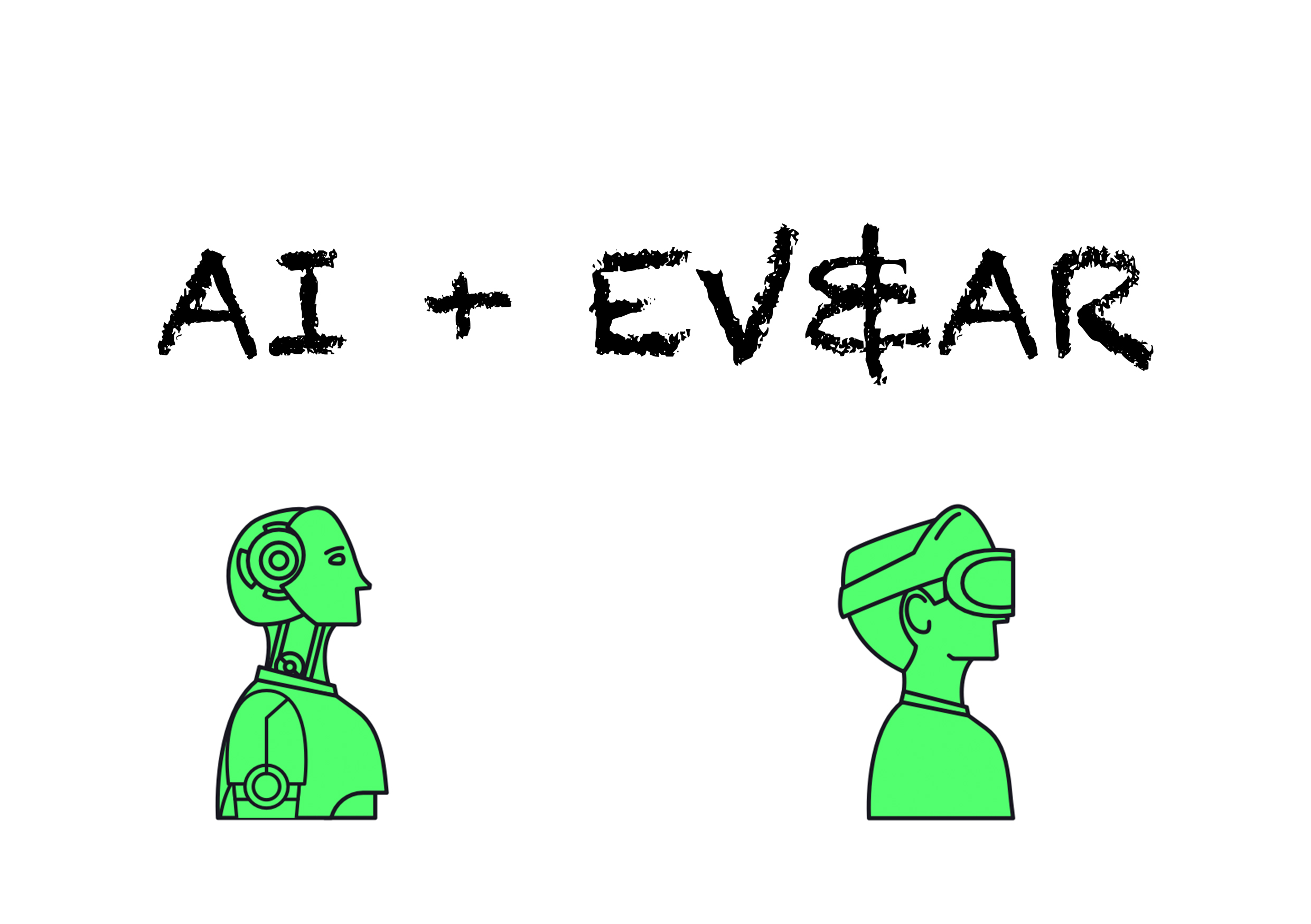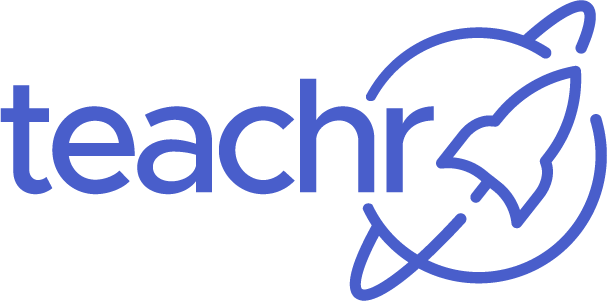The world has been witnessing significant changes in the education sector, with many people opting for online courses and AI-powered teaching methods over traditional schooling. The 21st-century education landscape is rapidly changing, with technological advancements, such as virtual reality and blended learning. They are reshaping the way people learn and consume information. People are demanding new ways of imparting skills and knowledge and online courses and Artificial Intelligence (AI) seem to be at the forefront of this transformation.
As we explore the future of education, we can’t help but wonder, can online courses and AI replace classic schools?

In this article, try to understand whether these advancements can successfully replace traditional education systems or complement them in creating an enhanced learning experience. We will also discuss the potential challenges and benefits involved in replacing classic schools with online course platforms like teachr. So, grab your favorite beverage and let’s dive into this fascinating topic!
The Emergence of Online Courses and AI in the Education Landscape
Online courses have garnered a significant following in recent years, thanks to the convenience and flexibility they offer. Learners from all over the world can now access high-quality education at their own pace and convenience. Moreover, the recent shift to remote learning has further fueled online course platforms’ popularity, as millions of learners and educators embraced the digital realm.
Similarly, AI has increasingly been integrated into various sectors, including healthcare, agriculture, entertainment, and, of course, education. AI-powered educational tools, such as intelligent tutoring systems, adaptive learning platforms, and language processing software, are designed to customize and enhance learning experiences.
teachr aims to provide accessible and interactive digital courses for everyone, it is a learning platform for experts who are eager to share their knowledge with others. The platform’s user-friendly online teaching system allows users to create visually impressive and interactive courses to cater to different learning styles. Furthermore, teachr’s unique tools, such as Extended, Virtual and Augmented Reality (EV&AR), and interactive modules, contribute to the overall learning experience by transforming course content into memorable experiences.
teachr, believes that learning comes in two primary forms – theoretical and practical. This approach combines the advantages of online courses, AI, virtual reality, and blended learning models to offer effective and engaging learning experiences.
Understanding the Role of Virtual Reality and Blended Learning
Virtual reality (VR) is a game-changing technology that allows learners to experience immersive, interactive, and multisensory learning environments. By utilizing VR, students can gain practical and hands-on experience, which is crucial for fields like engineering, medicine, and architecture.
Blended learning, as the name suggests, is a mix of traditional classroom-based learning and online learning activities. It leverages the benefits of online courses, such as access to a wide range of resources, interactivity, and personalized learning pathways. At the same time, it retains classic schools’ strengths, including social interaction, mentorship, and face-to-face instruction.

Extended Reality (Virtual and Augmented Reality) technology adds virtual elements to real-world scenarios to create immersive and engaging experiences for learners. This is becoming increasingly popular in varying industries and is now making its way into online education. teachr as a online course platform is leveraging EV&AR to bridge the gap between traditional learning and innovative technology, enabling learners to explore theoretical concepts in a simulated environment. Such an interactive and experiential learning experience is likely to supersede what traditional classrooms offer.
The Verdict: Will Online Courses and AI Replace Classic Schools?
It’s evident that online learning platforms like teachr provide innovative solutions that complement traditional education systems, enhancing learners’ overall experience. The integration of AI, virtual reality, interactive modules, and global accessibility contributes to the growing popularity of online courses that offer flexibility, personalized learning, and convenience.
While it’s unrealistic to assume that online courses and AI would completely replace classic schools, these advancements can undoubtedly revolutionize the learning landscape. By blending technology, innovation, and quality content, teachr and other similar platforms can help bridge the gap between traditional schooling and the demands of a constantly evolving world.
The Prospects of Replacing Classic Schools with Online Courses and AI
Replacing traditional school complete with online courses and AI is unlikely to happen in this form. But a hybrid mix like blended learning is likely to work, and that brings numerous potential benefits:
Personalized Learning: AI and online course platforms can analyze students’ learning patterns, needs, and preferences, creating tailored educational experiences that maximize learning outcomes.
Access to Quality Education: Online courses break geographical boundaries, allowing learners worldwide to access high-quality content and resources, regardless of their location.
Efficient Teaching: AI-powered tools can assist tutors in identifying students’ weaknesses and strengths, optimizing classroom instruction, and significantly reducing the burden of grading and administrative tasks.
Enhanced Engagement: Virtual reality, gamification, and interactive content can make learning more fun, engaging, and memorable.
Cost-effective Solutions: Online courses are often more affordable than traditional educational programs, making quality education more accessible to a broader audience.
Inclusivity Concerns and Challenges
Despite the numerous benefits of adopting online courses and AI technologies in education, several potential challenges need to be addressed:
Disparities in Access to Technology: Not every learner has access to reliable internet connectivity, computers, and VR equipment, making it hard for some to participate in online courses and benefit from AI technologies.
Threat to Human Connection: Replacing classic schools with online courses might erode the social aspects of learning, including peer interaction and human connections between educators and learners.
Ethics and Privacy: AI tools collect and process extensive amounts of personal data that can raise privacy and ethical concerns.
Adaptation and Training: Many educators may be hesitant or lack the necessary training to adapt to online teaching and AI tools effectively.
How to solve it
Bridging the digital divide: Governments, educational institutions, and private organizations can work together to provide affordable internet connectivity, computers, and other essential equipment to students from low-income families or rural areas. This can involve distributing low-cost devices, expanding internet infrastructure, and providing subsidies or financial support for internet access.
Blending online and offline learning: A hybrid approach can create a balanced learning experience by combining online courses and AI technologies with traditional face-to-face education. This can ensure that students benefit from digital resources while still engaging in meaningful social interactions, fostering human connections, and developing essential interpersonal skills.
Training and resources for educators: To facilitate a smooth transition to online teaching and AI integration, teachers should receive comprehensive training and guidance on how to effectively use these new technologies.
Encouraging human connection in digital environments: Online platforms can be designed to support collaboration, interaction, and community-building among students and educators. Tools like teachr, discussion forums, and video conferencing can replicate face-to-face communication and interaction, helping to preserve the social aspects of learning even when physically apart.
What you can do: Try to learn and understand how teaching in online courses works. And what better way than to create an online course, have fun doing it and earn some money.
Utilizing AI in Course Creation and Generating Content
teachr integrates AI technologies to assist in creating online courses without any technical hiccups. This helps instructors focus on creating compelling content, rather than tackling technical challenges. The advanced AI Text-to-Speech feature eases content creation by converting text into spoken words, significantly reducing the time and effort needed to record and produce course materials.
The Role of Interactive Learning Modules
Interactive learning modules and educational games add a touch of fun to the learning process, making it engaging and enjoyable for students. By integrating these interactive elements, tutors can enhance learners’ understanding and retention of course content.
In conclusion, we think the future of education lies in the harmonious coexistence of conventional schools and innovative online courses and AI, working together to provide a comprehensive learning experience that caters to diverse learners’ needs.
PS: Selling knowledge is seamless with teachr
teachr goes beyond creating and delivering online courses; it also serves as a platform to monetize knowledge. By integrating with payment gateways like Stripe, it simplifies the process of collecting payments, offering multiple payment methods, automated billing, and worldwide sales. In addition, Teachr supports installment payments, allowing instructors to receive payment immediately, while learners can pay at their convenience.
Online courses and AI have the potential to revolutionize the way we learn and teach. However, replacing classic schools is not an overnight process. It requires a collaborative effort from educators, policymakers, parents, and students to embrace and utilize these technologies to their highest potential effectively.
Platforms like teachr exemplify the power of combining online courses, AI, VR, and blended learning models for a superior educational experience. It is paramount that we continue to explore the possibilities, tackle the challenges, and …





